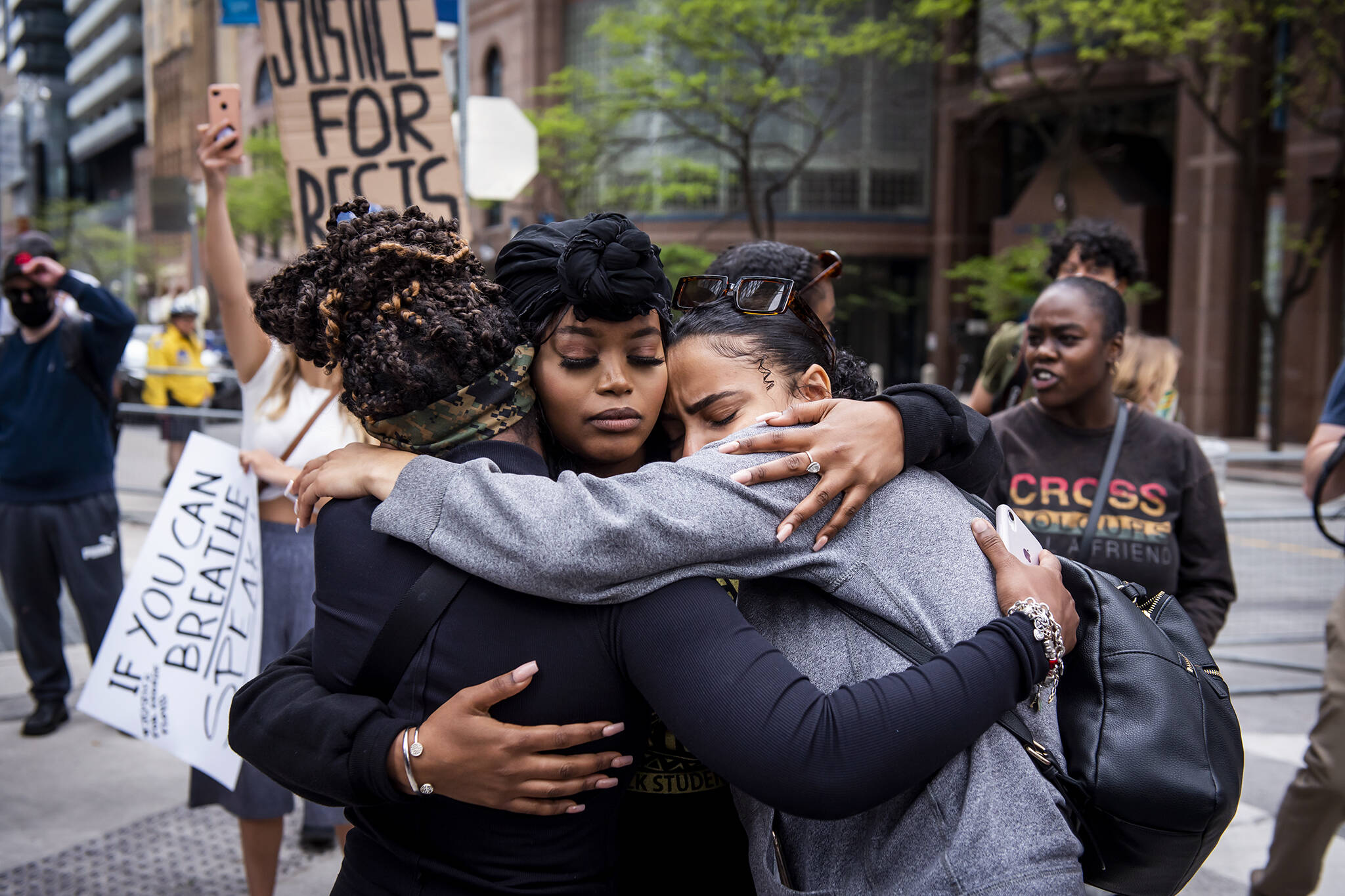
In recent years, conversations surrounding mental health have gained significant traction, prompting vital discussions about the importance of elevating black mental health wellness and the need for greater support and resources. However, within these conversations, the unique challenges and experiences faced by Black individuals in navigating mental health remain often overlooked.
Addressing the mental health needs of Black college students is crucial, as they contend with intersecting factors such as systemic racism, discrimination, and socioeconomic disparities that can significantly impact their well-being.
In light of these challenges, college campuses must prioritize and elevate awareness of Black mental health. Here's why it matters and how students can bring awareness to their campus communities:
Understanding the Importance In Elevating Black Mental Health
Recognizing the importance of Black mental health entails acknowledging the disproportionate impact of systemic inequities on the mental well-being of Black individuals. Research has shown that Black Americans are more likely to experience mental health issues such as depression, anxiety, and post-traumatic stress disorder (PTSD) compared to their white counterparts.
Moreover, the stigma surrounding mental health within the Black community often deters individuals from seeking help, exacerbating the problem. By understanding the unique challenges faced by Black individuals and communities, college students can begin to advocate for greater awareness and support for Black mental health on campus.
Breaking the Stigma
One of the first steps in addressing Black mental health is breaking the stigma surrounding mental illness within the Black community. Encouraging open and honest conversations about mental health, challenging stereotypes, and debunking myths can help create a culture of acceptance and support.
Students can organize workshops, panel discussions, or peer support groups focused on destigmatizing mental health within the Black community and promoting a message of hope, healing, and resilience.
Culturally Competent Support Services
College campuses must ensure that mental health support services are culturally competent and responsive to the needs of Black students. This includes providing access to culturally sensitive counseling services, therapy groups, and support networks that acknowledge and validate the experiences of Black individuals.
Additionally, recruiting diverse mental health professionals and incorporating culturally relevant therapy modalities can help bridge the gap in mental health care for Black students.
Promoting Self-Care & Wellness For Black Mental Health
Promoting self-care and wellness practices tailored to the needs of Black students is essential for fostering resilience and coping skills. Encouraging activities such as meditation, yoga, journaling, and creative expression can help students manage stress, cultivate mindfulness, and prioritize their mental well-being.
Colleges can organize wellness events, self-care workshops, or mental health awareness campaigns that center on Black individuals' unique experiences and strengths.
Advocating for Policy Changes
College students can advocate for policy changes and institutional reforms that address systemic barriers to Black mental health care. This may include advocating for increased funding for mental health services, hiring more diverse mental health professionals, implementing culturally responsive training for faculty and staff, and integrating mental health education into the curriculum.
By advocating for policy changes, students can help create a campus environment that supports all students' mental health and well-being, regardless of race or background.
Building Community & Support Networks
Building supportive communities and networks is essential for promoting resilience and connectedness among Black students. Establishing student-led organizations, affinity groups, or peer support networks focused on Black mental health can provide a safe space for students to share experiences, seek support, and access resources. These communities can also serve as advocacy, activism, and collective healing platforms.
Engaging in Intersectional Approaches To Elevating Black Mental Health
Recognizing the intersecting identities and experiences of Black individuals is essential for addressing mental health disparities effectively. College students can engage in intersectional approaches to mental health advocacy that acknowledge the interconnectedness of race, gender, sexuality, socioeconomic status, and other factors.
This includes advocating for inclusive and culturally competent mental health policies, programs, and services that address the unique needs of Black students at the intersections of their identities.
Utilizing Social Media & Technology
Leveraging social media platforms and digital tools effectively raise awareness of Black mental health and reaches a broader audience. Students can use hashtags, share resources, and amplify the voices of Black mental health advocates and organizations online.
Creating digital campaigns, virtual events, or online forums dedicated to Black mental health can facilitate dialogue, education, and support within the campus community and beyond.
In conclusion, prioritizing Black mental health on college campuses requires a multifaceted approach encompassing awareness, advocacy, and action.
By understanding the importance of Black mental health, breaking the stigma, promoting culturally competent support services, advocating for policy changes, building community, engaging in intersectional approaches, and leveraging social media and technology, college students can play a pivotal role in fostering a campus environment that prioritizes the mental well-being of Black students. Together, let us work towards creating a campus community that values and supports the mental health of all its members.









